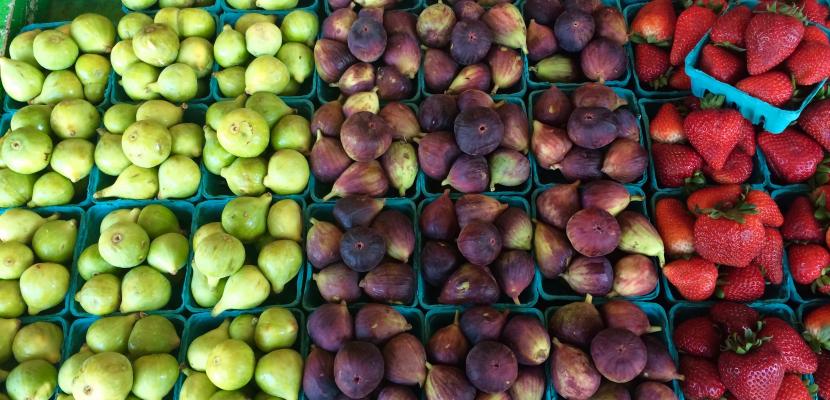
French law against food waste

About this good practice
Following a parliamentary report he drafted one year earlier, MP Guillaume Garot drafted a national law to address food waste following this hierarchy: i) preventing food waste, ii) using unsold but edible food products for donation or processing; iii) valorising for animal feed; iv) recycling for waste composting or anaerobic digestion.
A prior National Pact for the Fight Against Food Waste had made it possible to recognize the magnitude of this subject in the French society. Engagement of non-profit making organization, charities, food banks, food businesses, mayors and citizens against food waste is real and significant but a majority of them told the rapporteur “we can do much more better”.
Because fight against food waste cannot be achieved only through volunteering and good will, a national law has been proposed to amplify, coordinate and make more effective this challenge.
The main measure from the Parliamentary report that went through the law is make edible food destruction illegal for food stores above 400 m2 (bleaching edible unsold food), otherwise, retailers may receive a fine. Other measures of the law include: i) awareness and training of all stakeholders, including through waste prevention local schemes; ii) contractual regulation cannot prevent food donation from retailers to charities and such donation are encouraged by formal contracts and arrangements.
The bill has been passed by the Parliament in 2016.
Expert opinion
The good practice is an example of a national law against food waste. It is the culmination of national efforts to fight against food waste. The law became possible thanks to a strong political, cross-party will to tackle the problem as well as a parliamentary report backing up the move. Multi-actor consultation is also key for the success of the law. The good practice may be of interest to national and regional authorities who seek a comprehensive solution to the food waste problem. They can explore different aspects of the law including food waste prevention measures, working with different stakeholders, etc.
Resources needed
Policital will, parliamentary report, cross-party majority
Evidence of success
The French law against food waste has been awarded by various external ranking as sustainable food policies at global level (The Economist/Barilla Foundation). It contributes to provide a national and shared direction towards the achievement of SDG 12.3 by 2030. All sectoral actors are now engaged in specific actions to prevent/reduce food waste and move in the same direction. The implementation of the French law against food waste is evaluated in 2019.
Potential for learning or transfer
There’s a potential for learning and transfer in other countries and regions. Catalonia region is drafting a law to rule on food waste. ECOWASTE4FOOD exchange of experiences helped the Waste agency of Catalonia to get insights from the French law. Extra countries and regions could benefit from the French experience.
Further information
Website
Good practice owner
You can contact the good practice owner below for more detailed information.
French ministry of agriculture
